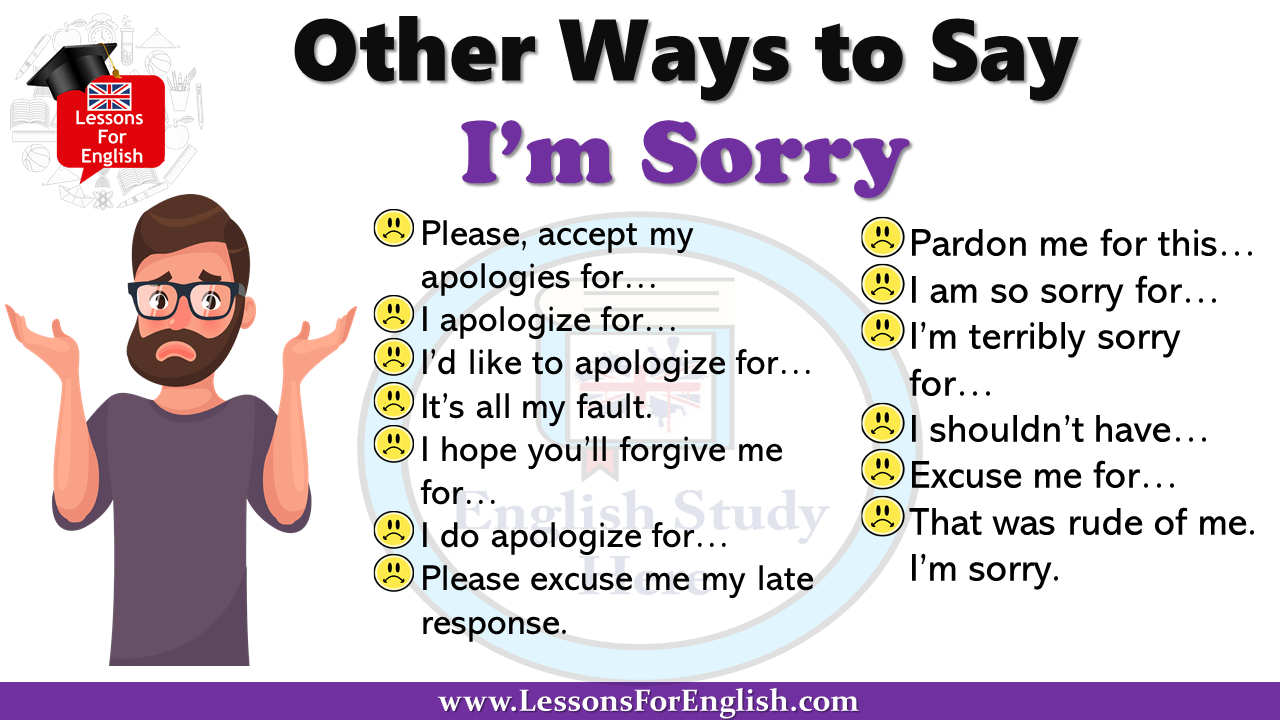The What To Say Instead Of Im Sorry For Your Loss article we provide is expected to provide useful information for you, all of which we have summarized well.

What to Say Instead of “I’m Sorry for Your Loss”
The Importance of Empathy and Sensitivity
When someone close to us experiences the pain of loss, finding the right words to express our condolences can be a daunting task. The often-used phrase “I’m sorry for your loss” can sometimes feel inadequate or even dismissive. This article aims to offer alternative and more meaningful ways to convey our sympathy, demonstrating our understanding and empathy.
Understanding the Nuances of Grief
Every person grieves differently, and there is no one-size-fits-all approach to offering support. Before reaching out, take a moment to reflect on the unique relationship you had with the deceased individual. Consider what words and gestures would have comforted you if you were in their shoes. Empathy is the key to finding the most appropriate and heartfelt way of expressing your sympathy.
Alternative Expressions of Condolence
-
“I’m here for you.” This simple but potent statement conveys your unwavering presence and support. It assures the bereaved that they are not alone during this difficult time.
-
“I’ll always remember [person’s name] fondly.” Sharing a specific memory or anecdote about the deceased can bring solace and help keep their memory alive.
-
“I’m thinking of you.” Expressing your heartfelt thoughts can reassure the bereaved that you care about their well-being. A thoughtful text message or a handwritten note can be a powerful gesture of support.
-
“Is there anything I can do to help?” Offer practical assistance, such as running errands, preparing meals, or simply listening without judgment.
-
“I’m deeply saddened by this news.” Acknowledging your own sorrow can create a sense of connection and understanding. It shows that you are not merely offering platitudes but are genuinely affected by their loss.
Recent Trends and Insights
Research and social media platforms reveal a growing preference for personalized and meaningful expressions of sympathy. People appreciate gestures that go beyond hollow phrases and demonstrate a deep understanding of their unique grief. Moreover, it is important to be patient and respectful of the bereaved’s need for space and privacy. Allow them to grieve at their own pace and offer support when they are ready to receive it.
Tips from Experts
-
Avoid using clichés. Opt for genuine and personal expressions that reflect your true sentiments.
-
Listen attentively. Allow the bereaved to express their emotions without interruption. Validate their feelings and let them know you understand.
-
Respect their boundaries. Give them space if they need it. Check in periodically to offer support but avoid overwhelming them with your presence.
-
Offer practical help. Sometimes, the most meaningful gift is offering tangible assistance, such as running errands or providing childcare.
-
Follow up. Reach out to the bereaved in the weeks and months following the loss. Let them know you continue to care and offer support.
FAQs
Q: What should I say to someone who has lost a child?
A: Approach with extreme sensitivity and empathy. Express your sorrow and acknowledge the immeasurable pain they are experiencing. Offer practical support, such as helping with childcare or household chores.
Q: How long should I wait before reaching out to a bereaved friend?
A: Give them a few days to process the initial shock and grief. Respect their need for privacy but let them know you are thinking of them.
Q: Is it appropriate to send a sympathy gift?
A: Yes, a thoughtful gift can be a comforting gesture. Consider their preferences or something that symbolizes the deceased, such as a photo album or a donation to a charity in their memory.
Conclusion
Expressing sympathy is a delicate art that requires empathy, sensitivity, and an understanding of the nuances of grief. By choosing meaningful and heartfelt words, offering practical support, and respecting the bereaved’s boundaries, we can provide genuine solace and support during this challenging time.
As you navigate the topic of offering condolences, remember that there is no perfect formula. Your expressions should come from a place of genuine care and understanding. By reflecting on the relationship you shared with the deceased and reaching out with empathy, you can create a meaningful connection and offer true comfort to those who need it most.

Image: lessonsforenglish.com
We express our gratitude for your visit to our site and for taking the time to read What To Say Instead Of Im Sorry For Your Loss. We hope this article is beneficial for you.